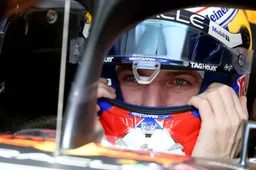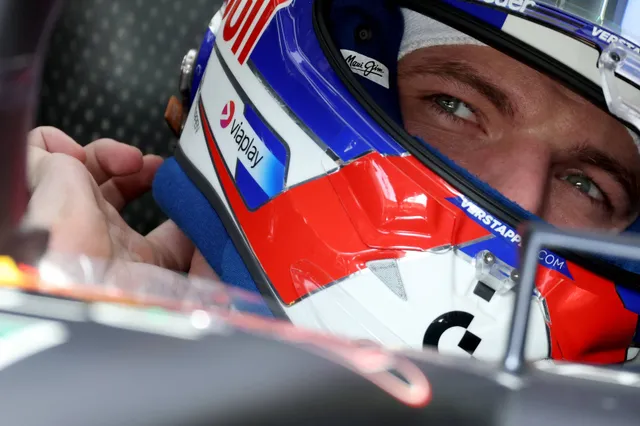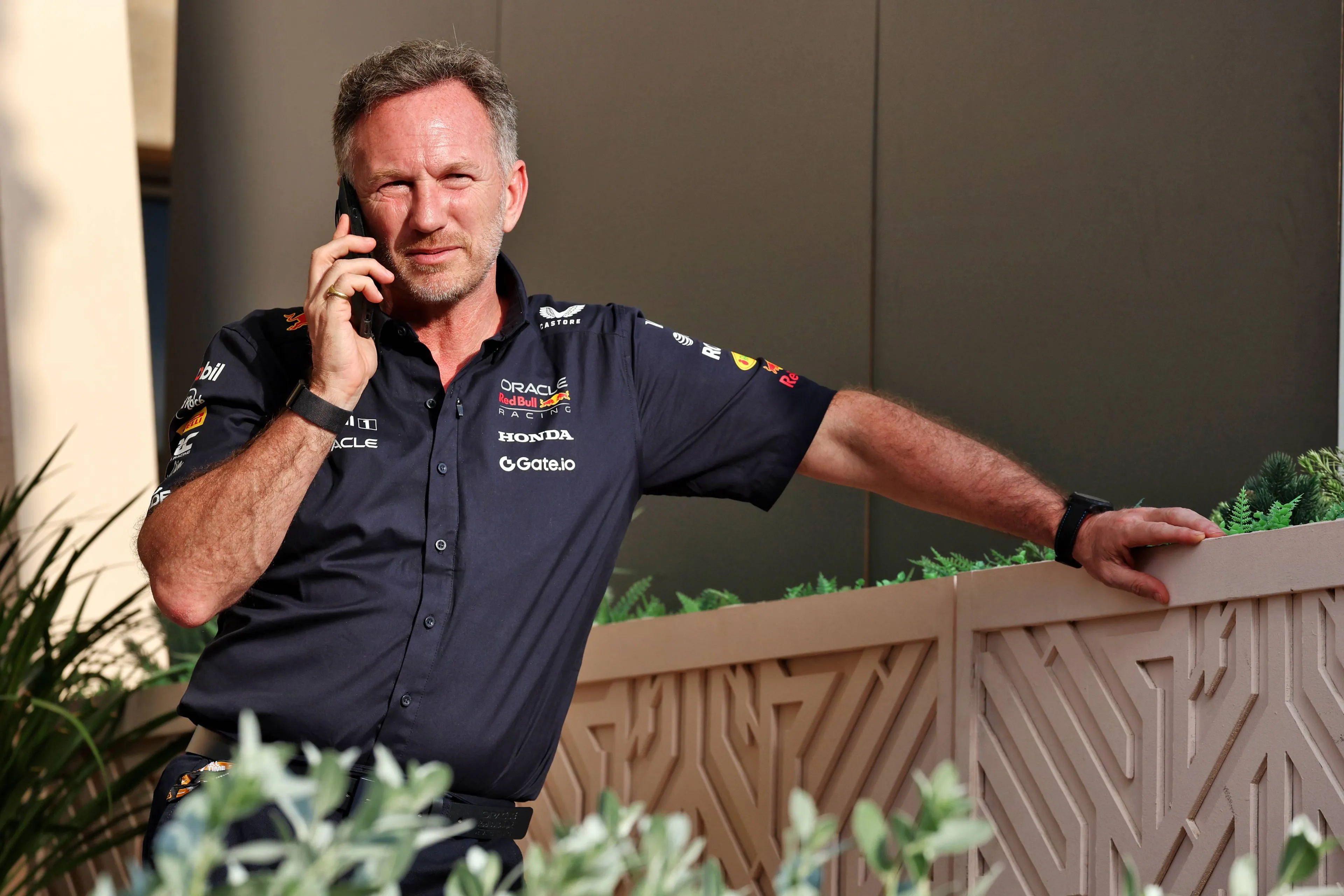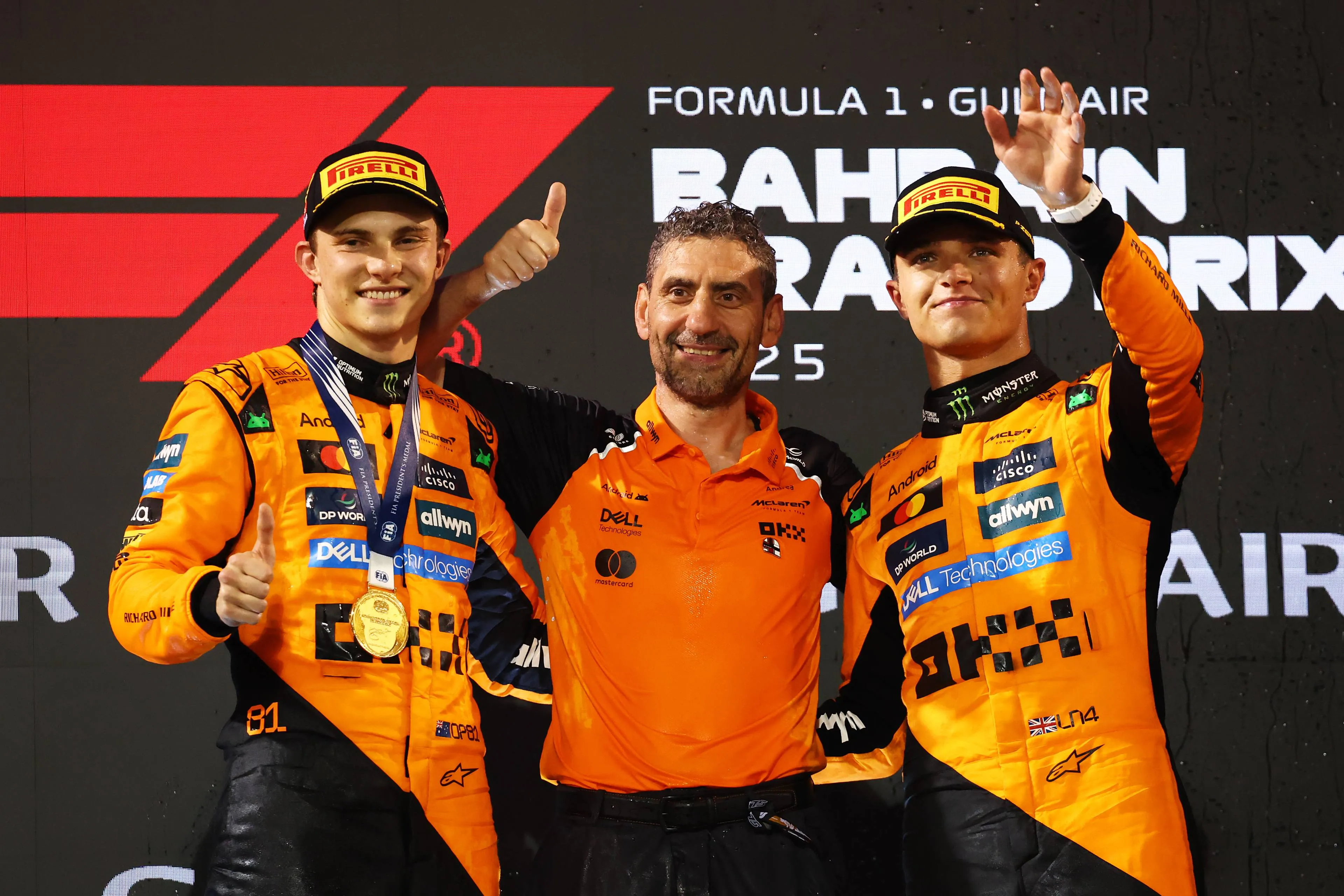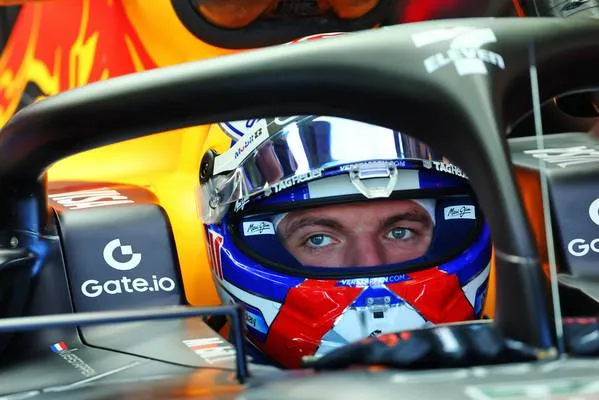Disconnect with the car and within the team: Verstappen, Marko and Horner at odds!
Red Bull Racing was not present in Bahrain. The Austrian team experienced various problems throughout the weekend. Christian Horner pointed out the cause of these problems after the Grand Prix. However, the team principal continues to have confidence in upcoming updates.
Max Verstappen was not happy with his RB21 in Bahrain. The Dutch driver experienced issues with both the balance and the brakes. He also had two slow pit stops. According to Horner, these problems are not the same as last season.
"It's a completely different problem. The characteristics are perhaps similar, but the braking issue, for example, we didn’t have last year," said Horner to various media in Bahrain including GPblog.
Horner pinpoints the problem after Bahrain GP
Another difference from last season is that, according to the Brit, the team now knows where the problems lie, despite Max Verstappen's suggestions and Helmut Marko's claims that say otherwise.
"I think the problems are understood. The issue is that the solutions we're seeing in our tools don’t correlate with what we're seeing on track. That’s what we need to get to the bottom of. Why can’t we see on our tools what we’re seeing on the circuit? When there’s that disconnect, you have to unpick it."
Horner is very confident that the team will solve the pressing issues that are hindering Red Bull's - and Verstappen's - title bid, though. "We’ve got a strong technical team that’s produced some amazing cars over the years. I’m confident they’ll get to the bottom of it. But right now, the tool isn’t replicating the reality on the track. It’s like two watches showing different times."
The Milton Keynes-based team has the oldest wind tunnel of all the teams in F1, according to Horner, the culprit for Red Bull's correlation issues "The wind tunnel has driven us in a direction that isn’t replicating what we’re seeing on track. Then you end up with a mismatch between what your tools tell you and what the track data says."
Now the team will rely on the data gathered on the track to help steer their season in the right direction."Now, as we accumulate track data, it’s the track data that’s driving the solutions."
"You’ve got to understand where its weaknesses are. We’re at the end of a regulation cycle where gains are very marginal, and we’re seeing some of the shortcomings in our current tunnel," concluded Horner.
Read also
Popular on GPBlog
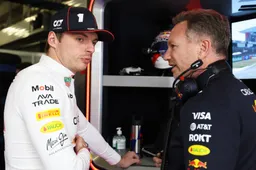
Why Verstappen and Horner are diametrically opposed when it comes to the world title fight

Horner praises Tsunoda for 'good feedback' at Red Bull despite challenges with tricky RB21

Blunt Verstappen 'speaking for himself' and not his Red Bull team after Bahrain Grand Prix
